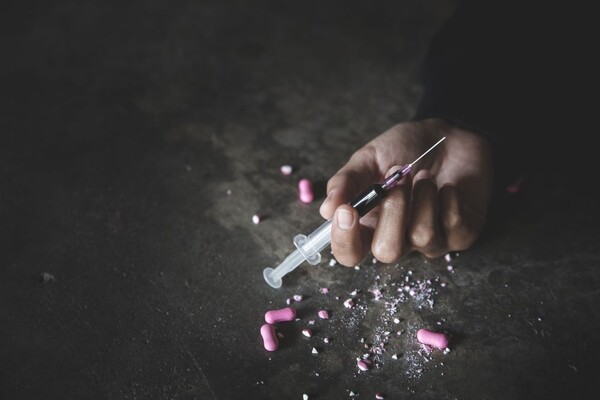
The government will consider revoking the licenses of doctors addicted to drugs and imposing fines on hospitals and physicians that misuse or abuse drug prescriptions, particularly in the context of narcotics control.
The government held the seventh meeting of the Drug Control Council at the Government Complex on Wednesday. After the interagency meeting, it announced the “Comprehensive Plan for Drug Control” through a joint briefing by related ministries.
The plan comprises three key areas and nine initiatives. These include an intensive crackdown on illegal drugs, a reorganization of the medical drug management system, expansion of treatment and rehabilitation, and strengthening prevention infrastructure.
Among the medicine-related contents, the plan will improve the prescription system for medical narcotics, such as anesthetics and sleeping pills, and strengthen post-de-factor crackdowns to prevent addiction due to misuse thoroughly.
Accordingly, it will strengthen the standards that doctors must comply with when prescribing drugs for preventive management by adding prescription amount, frequency limit, ingredient addition, and prescription and medication prohibition. Besides, the plan calls for a patient's medication history check when prescribing.
In particular, it includes a plan to institutionalize the determination of addiction of medical personnel and revoke the license of medical personnel found to be addicted.
It also promotes the establishment of a new disqualification of medical personnel for off-label dosing and provision, restricts the conversion of fines, and improves the imposition system, such as punitive fines.
As follow-up crackdown measures, it proposed an interagency response plan involving prosecutors, police, the Ministry of Health and Welfare, and the Ministry of Food and Drug Safety.
More specifically, these include automatic detection and analysis of the integrated drug management system using artificial intelligence to extract cases of abuse automatically, planning and joint inspection, requesting and launching investigations, and punishing medical personnel and patients.
To expand the treatment and rehabilitation infrastructure, the government also plans to expand the number of treatment protection institutions from the current 25 to 30 in 2024 to facilitate drug addiction treatment by region and support operating costs and performance rewards to revitalize operations.
It will also promote the application of health insurance to treatment centers to increase access to treatment for people with a substance use disorder and improve the cost of addiction treatment.
The government will expand addiction rehabilitation centers from the current three in Seoul, Busan, and Daejeon to 17 locations nationwide next year. It will operate a 24-hour consultation call center to provide helpful rehabilitation support anytime, anywhere.

